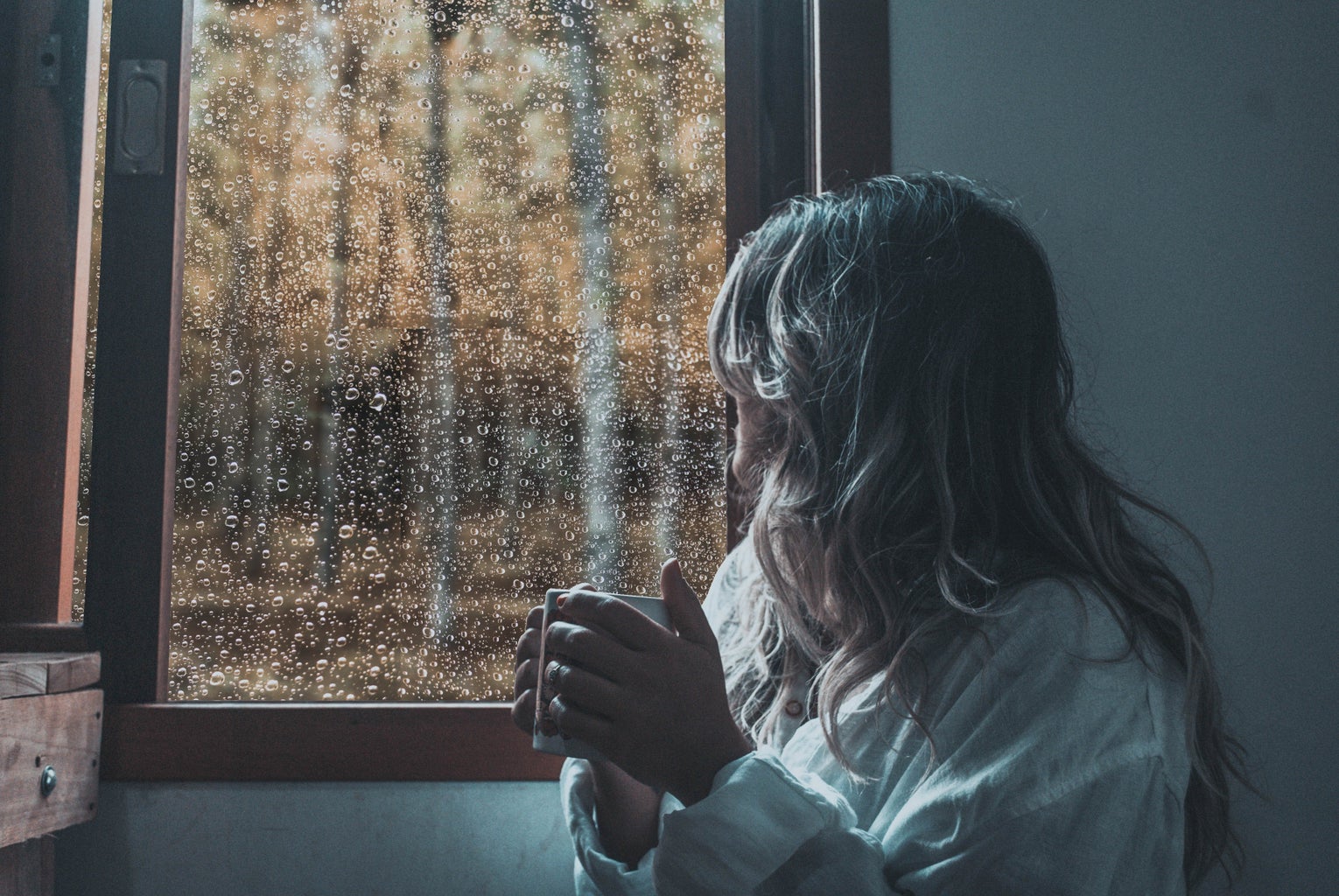In the labyrinth of personal relationships and societal pressures, we often find ourselves trapped in a web of unwarranted criticism, guilt and blame. Breaking through the chains of blame and criticism is never an easy task, especially when returning to campus and inevitably seeing people from our past. University campuses, as we all know, are often tight-knit communities, and it’s common to share mutual friends and acquaintances. The social network and interconnectedness of it all can lead to inadvertent encounters or hearing about the activities of your exes. The echoing hallways, shared classes, and familiar faces can turn every corner into an emotional minefield. Something as simple as a night out with close friends can be complicated by running into the wrong person; that one person you’ve been dreading seeing since you were last on campus. This encounter can become even harder if you’ve been bearing the emotional baggage of that last interaction, blaming yourself for everything that went wrong. I’m here to shed some light on an important truth: sometimes, it’s not us; it’s them. It’s time to find peace in the liberating journey of learning self-worth.
Several members of my social circle experienced love and heartbreak last year, all in completely different contexts, yet all entirely consuming. Our stories unfolded like distinct chapters in a complex novel, each one leaving a mark that altered the course of our lives to some extent. This is not to say that our lives have been negatively impacted. Growth comes from experiences, an understanding that is often forgotten when stuck in low situations. As we navigated the tumultuous waters of love and heartbreak, our experiences reminded me of the resilience of the human spirit.
Everyday tasks like choosing an outfit in the morning can become daunting, overshadowed by constant thoughts of what had gone awry. Socializing with friends can turn into an unpredictable ordeal, always uncertain if that one person would be present. If they happened to be there, it’s natural for a barrage of questions to inundate the human mind, thoughts circling relentlessly. Trying to navigate through these emotions while sharing a campus with that person can feel nearly insurmountable, often leading us to unintentional self-isolation as a way of coping.
Personally, as I entered the summer months, I found myself carrying the weight of unresolved emotions and lingering feelings of being wronged. It was a season of discomfort, but it also provided the perfect backdrop for introspection. Rather than distracting myself from these feelings, I decided to lean into them, seeking to understand their roots and discover what lessons they held.
The first thing I did was realize that finding peace in not being the problem is not just about absolving yourself of blame; it’s also about discovering your self-worth. It involves acknowledging that you deserve respect, understanding, and happiness. This realization can be a catalyst for personal growth, self-love, and a renewed sense of confidence. In the process, you will discover so many life altering tools that can be implemented in the future to protect and prioritize yourself.
Mindfulness is a powerful tool for finding peace in unexpected encounters. When you run into someone from your past, take a moment to breathe and ground yourself in the present. It’s hard not to pre-plan your every move when anticipating an encounter with someone who lives in your mind rent-free. Mindfulness can help you stay calm and centered, allowing you to respond to the situation with clarity and composure. Instead of approaching these encounters with dread or anxiety, consider shifting your perspective. I know, easier said than done. It is seriously so important to view these situations as opportunities for growth, understanding, and even healing. The past is a teacher, and running into old relationships can provide valuable insights into your personal journey.
Letting yourself actually experience emotions is the first step in healing. Let yourself feel whatever you need to feel. It is so easy and so relatable to want to numb your emotions and bury your feelings, but letting yourself cry and actually feel is what will allow you to move on. Repression is a temporary solution, but what is repressed will always return. This goes hand-in-hand with reprocessing the stories that your mind is pointing out to you. It’s easy to miss someone because of focusing on only the good in the relationship. The healing process completely changes when you understand that there are also negatives implicated in a relationship that has ended. Allowing both the good and the bad to be analyzed while allowing yourself to feel establishes a sense of balance that will eventually ease the pain of the past.
As harsh as it sounds, not all relationships are meant to last forever. The future is filled with new experiences so it would be unfair to yourself to limit these opportunities. It’s important to focus on gratitude by shifting your focus to things that are currently bringing your gratitude in your life. Rather than focusing only on what you think is bringing you down, allow yourself to also feel all that is positive in your surroundings. You can buy yourself flowers, take a nature walk, call up a friend; the list goes on. These kinds of activities can open up your mind and allow you to really appreciate the world around you, distracting you from the negative thoughts that you may be experiencing.
Perhaps the most empowering lesson to learn is the ability to set boundaries. Recognizing that you have the right to protect your emotional well-being is a profound revelation. It requires asserting your needs and limitations in various aspects of life, from personal relationships to work and social interactions. Setting boundaries allows you to prioritize your own mental health and emotional balance, something that is entirely crucial when sharing a campus with a past relationship.
As hard as it is to confront reality, it really does get easier as life goes on. It’s an integral part of growing up that doesn’t always fade away entirely, but one that becomes intertwined with how the past shapes the present. Many people often remark that love can lead individuals to behave in ways that deviate from their usual character, as it can profoundly consume them. In my perspective, this is a sentiment that should not be disregarded, although it should not hold the power to dominate one’s life. We can discover solace in acknowledging the enduring emotions stemming from these intricate relationships and identify the reasons that propel us to move forward. These emotions can serve as guiding forces, but they should not define us. At the end of day, shouldn’t we should consider ourselves fortunate to have experienced such intense love that we can now feel so profoundly?






